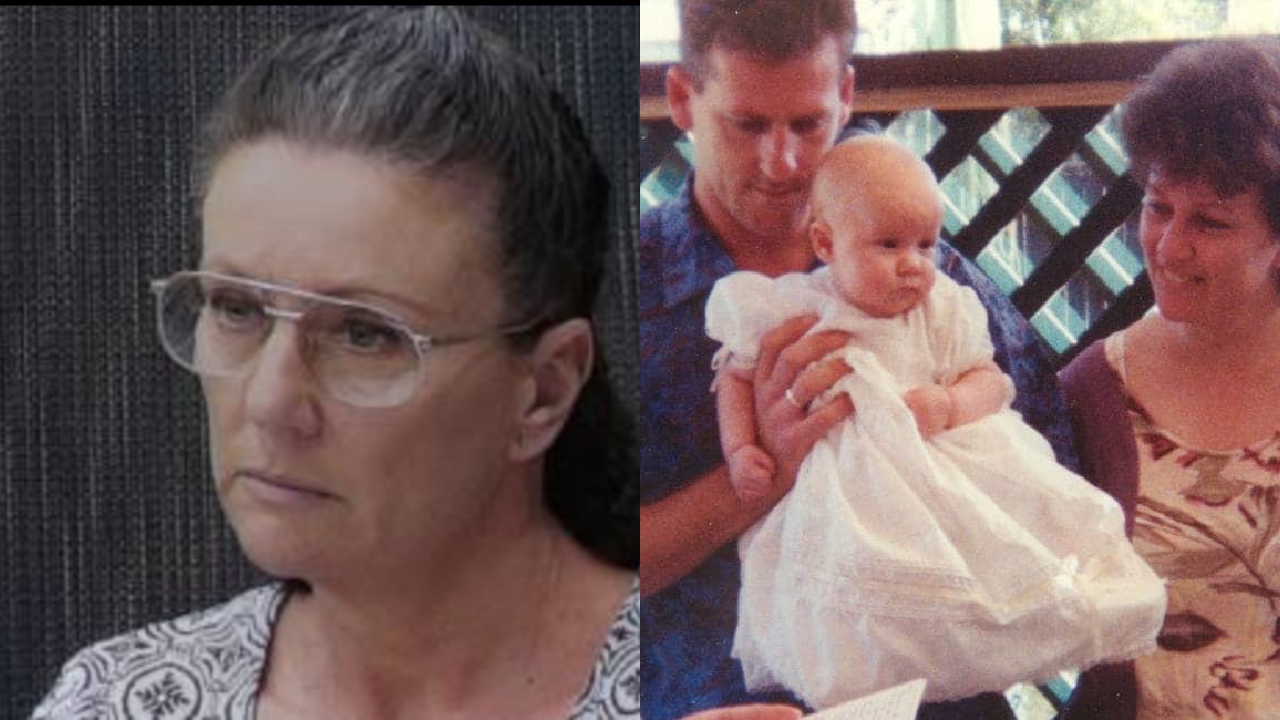“How do you pay someone for 20 years?”: Folbigg’s big compensation question

Since her release from prison, Kathleen Folbigg has been the centre of a media frenzy, with networks battling it out to secure an exclusive tell-all interview.
Following a fierce bidding war, Seven Network has won the rights over Nine for the interview believed to have cost more than $400,000.
A source from Seven said the exclusive interview will be aired on the Sunday evening current affairs show, 7News Spotlight.
Others have proposed the deal has cost the network close to $1 million.
The deal could see her on the list of select few Australians awarded seven-figure sums in light of their wrongful convictions, including Linda Chamberlain.
Chamberlain’s lawyer Stuart Tipple said Folbigg needs to be declared innocent and be given compensation for her years in prison, noting she had a solid case.
“The sad thing is all she can get is money, how do you pay someone for 20 years?” he said.
“And also, I think we need to reflect on an injustice just doesn’t affect Kathleen.
“I feel tonight very much for her husband and the father of those children and the injustice that just affects so many people, so many lives.
“I feel very, very badly for him tonight and I just think of the whole process of just how harmful it is to them and to our society and our confidence in the whole judicial system.”
Robyn Blewer, director of the Griffith University Innocence Project, noted two recent cases to illustrate how Folbigg could be compensated for her 7,300 days in jail.
West Australian man Scott Austic received $1.3 million in May 2023 on top of an earlier payment of $250,000 after serving nearly 13 years for murdering his pregnant secret lover.
He had sought $8.5 million after being acquitted on appeal in 2020.
Both payments were ex gratis, unlike David Eastman’s award of $7 million in damages by the ACT Supreme Court in 2019.
Eastman served almost 19 years over the 1989 shooting murder of federal police assistance commissioner Colin Winchester, where he was acquitted at a second trial.
"The difference is it was in ACT which has a human rights act and under that, there is an entitlement for compensation under human rights," Dr Blewer told AAP.
"Mr Eastman was then able to sue because there was a right to compensation.
"The court assessed his damages in the same way they would a tort ... the court went through every time he was injured.”
Like Austic, Chamberlain was awarded an ex grata or grace payment. She was awarded $1.3 million in 1992 which now equates to about $3 million.
Folbigg will need specific legal advice about whether a civil claim is possible due to NSW lacking a human rights act like that of the ACT.
Dr Blewer said she could become reliant on what the government was willing to pay.
"Twenty years is a substantial amount of time lost," she said.
"It might depend on the good grace of the NSW government."
No further steps can be taken until Folbigg’s lawyers obtain the final report of former Chief Justice Tom Bathurst.
An application to the NSW Court of Criminal Appeal to quash her convictions will likely follow.
Image credit: Facebook / Instagram
